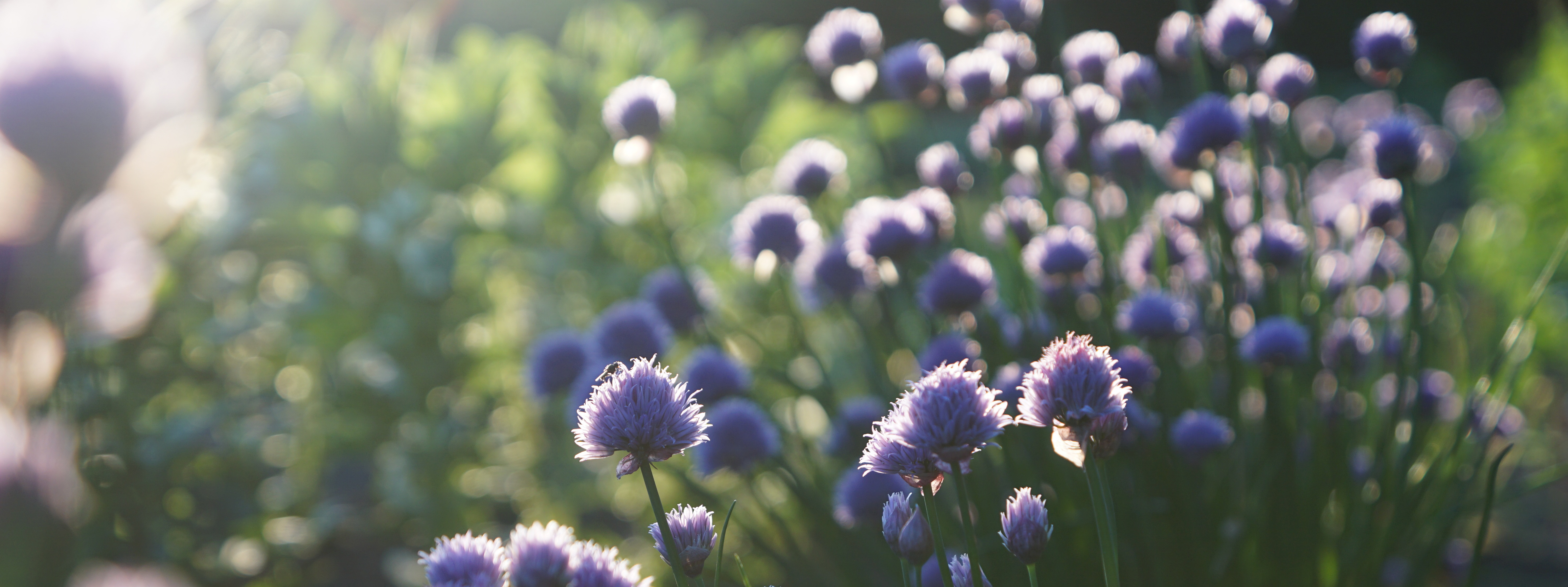- Create an optimal sleeping environment. Set yourself up for success by creating an ideal sleep environment. A dark, cool room that is free of distractions is best. If you have a TV or computer in your room, consider moving it. If you need an alarm clock, turn it away from you to avoid the temptation to constantly check the time. Watching the clock can create anxiety and make sleep more difficult. If your house or neighborhood has distracting noises, consider investing in a white noise machine or a fan.
- Keep a consistent schedule. Going to sleep and waking at the same time each day is important. While sleeping in on the weekend may be tempting, it will make waking up on Monday morning more difficult.
- Don’t lie in bed awake. If you have been trying to fall asleep for at least 20 minutes, get out of bed and do something relaxing such as reading a book or meditating until you begin to feel sleepy. Then go back to bed and try again.
- Exercise early in the day. Maintaining a consistent exercise regimen can help improve the quality of your sleep; however, exercising within 2-3 hours of bedtime can keep you awake.\
- Avoid stimulants such as caffeine and nicotine. Coffee, tea, soda, and tobacco products contain stimulants that interfere with sleep. They can also linger in your body for many hours. Avoiding these things altogether – or at least several hours before bed can help you fall asleep and improve your sleep quality.
- Avoid alcohol before bed. Alcohol may help you relax, but too much alcohol close to bedtime interferes with deep sleep cycles and REM sleep, keeping you in the lighter stages of sleep, significantly impairing the quality of your sleep.
- Eat moderately at night. A large meal before bed can cause indigestion and interfere with sleep. Drinking too much before bed can also be disruptive, sending you to the bathroom repeatedly.
- Take naps early in the day, if at all. Napping after 3pm can make it difficult to fall asleep at night. If late afternoon fatigue sets it, it’s best to hold out for a few hours and go to sleep early rather than taking a nap.
- Allow time for relaxing before bed. Unwinding before bed can be a helpful bedtime ritual. Reading, watching TV, or listening to music can help you transition from day to night and prepare your mind for sleep. An evening bath is not only relaxing, but the drop in body temperature that occurs after stepping out of a hot bath can help induce sleepiness.
Catherine Wong
Catherine oversees UBF's daily operations and client retention strategy. She has a background in mathematics, economics, and human resources. In her spare time, she enjoys spending time with her family, taking the dog on long walks, and caring for a small and unfruitful garden.
Catherine oversees UBF's daily operations and client retention strategy. She has a background in mathematics, economics, and human resources. In her spare time, she enjoys spending time with her family, taking the dog on long walks, and caring for a small and unfruitful garden.
Leave Comments
